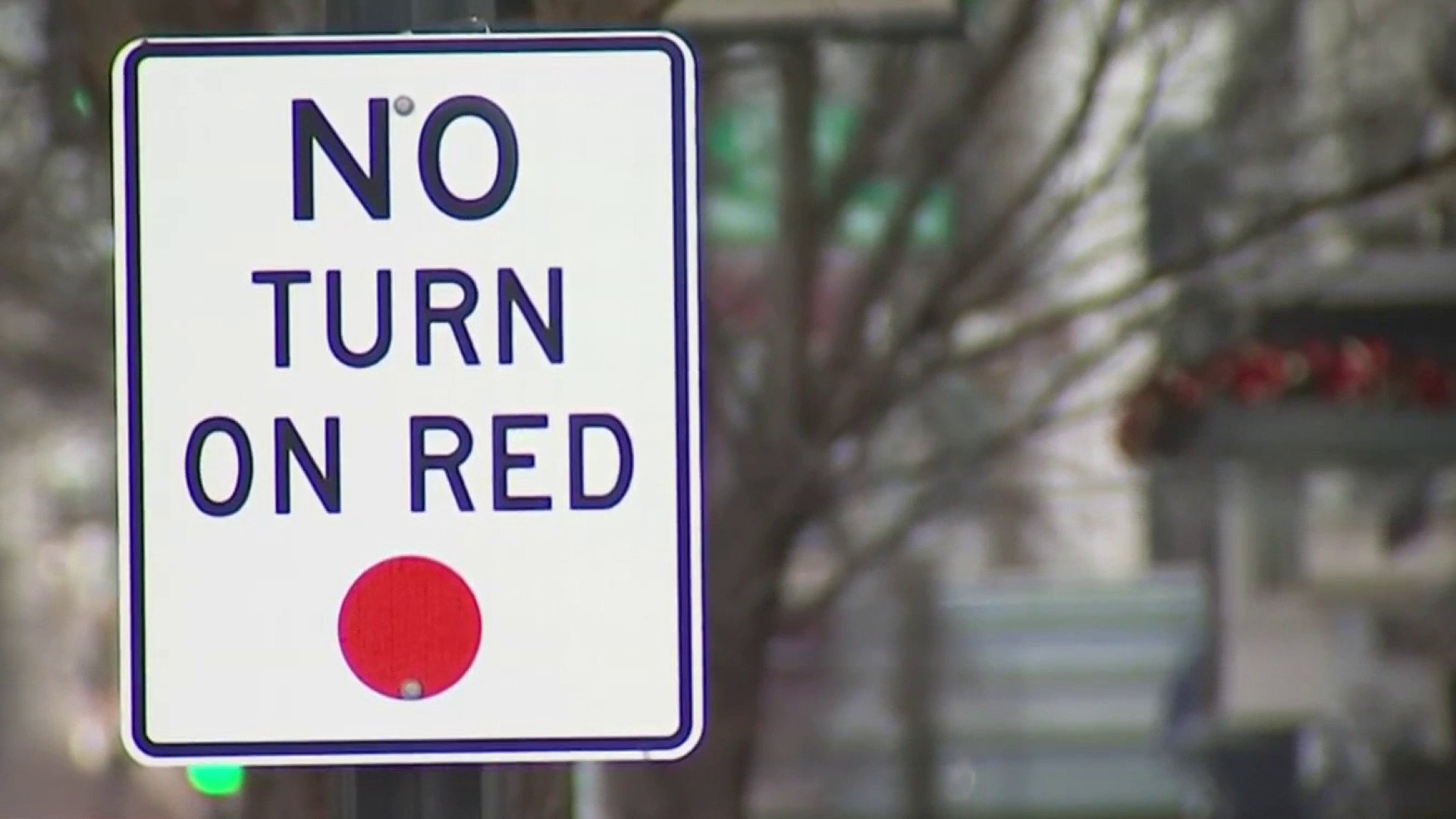A change to a Virginia law designed to help people injured in the line of duty is putting first responders’ families at risk.
Greg Foley served as a technician for Fairfax County Fire and Rescue, and he was called to the Pentagon Sept. 12, 2001, the day after the 9/11 terrorist attacks.
“Being at the Pentagon, coming from a military background, I felt that brotherhood looking at our dead servicemen,” he said.
He felt helpless when he realized there was no one to rescue.
“Six months, or a year later, I developed very strong, very powerful PTSD that I still struggle with and was retired for a line of duty injury as a result of that,” he said.
He became eligible for Virginia's Line of Duty Act (LODA). Virginia is one of only eight states that offer a lump sum death benefit and lifetime health insurance benefits to the families of public safety officers killed or permanently disabled on the job.
Foley said it took care of his family.
Local
Washington, D.C., Maryland and Virginia local news, events and information
"It's a blessing, and I'm very grateful to the commonwealth of Virginia for having it,” he said.
But the blessing is now becoming a curse as his wife and stepdaughter will be dropped from his health insurance July 1. Many families like his were receiving benefits the plan wasn't designed to cover.
“I believe that this was an unintended consequence that nobody anticipated,” said Virginia Diamond, legislative council for the Virginia State Firefighter's Association
She took part in a task force of representatives from police, fire and other agencies asked to help come up with a plan to cut costs and streamline LODA after a 2014 study by the Joint Legislative Audit and Review Commission revealed costs to LODA would double over the next 10 years, with health care benefits accounting for more than 90 percent of the total cost.
“So we took responsibility and we all came up with millions of dollars of savings, but one idea that was never suggested as a way of saving money was that they would kick children off the plan as a way of saving money,” Diamond said.
Currently most LODA beneficiaries in Virginia are on different health insurance policies because their health plans are administered through their employers, which in most cases are cities or counties.
Starting July 1, the Virginia Department of Human Resource Management will administer one health benefit program so all LODA beneficiaries will have the same level of coverage.
A number of LODA beneficiaries’ current health insurance plans allowed them to add a spouse or child after the date of their disability. Those family members will not be covered under the new LODA health benefits plan and will have to find alternative coverage.
“I would encourage you, the next time you sit down with your extended family for dinner, to look around and pick 20 percent of your family that is no longer insured,” Foley said. “That's what it does.”
The Department of Human Resource Management acknowledged what it said are a small number of children and spouses who will lose their health coverage but also pointed out that the overhaul will save state and local governments $40 million over 10 years.
In a statement, the agency told News4 the changes to the line of duty act are "... very important for fairness and equity and to make sure that the LODA program is still there for public safety officers that need it in the future."
The changes are coming to fast for Foley and his family.
“And now I feel like the plans that I had in place to take care of my family are falling apart and I don't quite know how to deal with it,” he said.
“We really hope we can call upon the decision makers to figure out a way to right this wrong and correct this injustice,” Diamond said.
Correcting the situation would require a code change, and that can’t happen until the next session.



